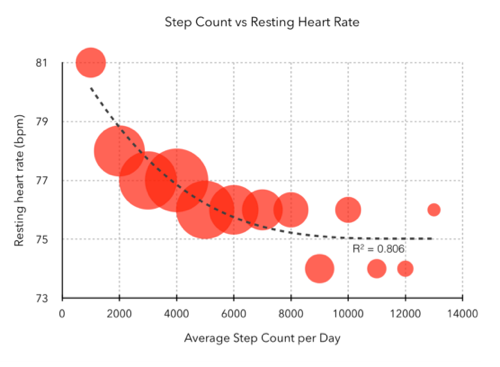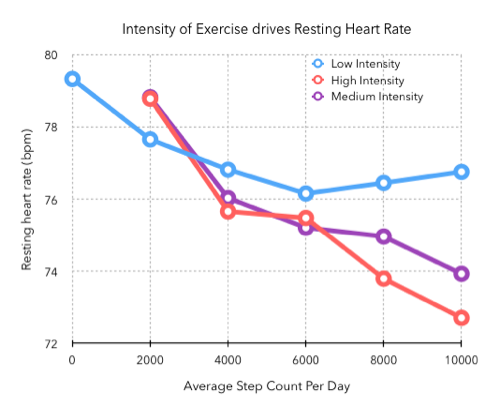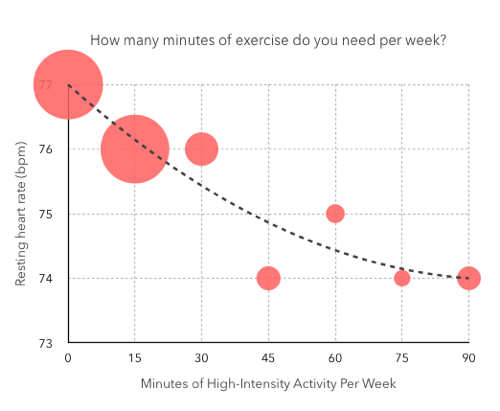Dear Smile Software,
I've been a customer of yours for 5 years. I bought TextExpander for iOS (version 1.1) in 2011 and TextExpander for Mac (version 3.4) in 2012. I've purchased each successive version of the application. TextExpander 6 is the first version that I won't upgrade to.
I won't be upgrading because you've priced me out of your customer base. In the time that I've been a customer, I purchased the Mac app and two upgrades for it (one was a family pack upgrade). I've purchased two versions of the iOS app. I've spent a total of $90 on TextExpander, over the past 5 years.
With the release of TextExpander 6, you've moved TextExpander from a purchased application to a subscription application. With the existing customer discount, I can expect to pay about $24 for my first year of using TextExpander and about $50 for each subsequent year. That comes to a total five year cost of about $224. For me, TextExpander just became almost 3x more expensive.
I agree with what TJ Luoma wrote.
I don’t see anything that I really need in TextExpander version 6. I’m not using it with a “team” and my family members probably have no interest in sharing a group of text snippets with me. Yes, I realize that Smile made their own syncing service, but I have used iCloud, Dropbox, and BitTorrent Sync, and they work fine for TextExpander. Creating their own syncing service was solving a problem that I didn’t have.
I also agree with what Jordan Merrick wrote.
When it comes to TextExpander, however, the reason for a subscription isn't compelling, nor does it make sense for individuals. Even in the follow-up, Smile were awkwardly attempting to explain how their own syncing service could be of benefit to individuals:
Everyone can benefit from sharing. People who work alone have peers, or belong to civic, volunteer, hobbyist, or church groups. Before now, none of them could share snippets with each other. Now, they can. And we’re doing our best to ensure they will.
Either Smile are going for the hard sell or they don't know the majority of their individual users at all.
For me, that's definitely true. I'm a casual user of TextExpander. I maintain snippets mostly to simplify writing names, addresses, email addresses, and basic journal entry templates. I don't use it to earn an income. I don't need to share anything with any churches, civic groups, gaming groups, or other organizations. I don't anticipate subscribing to Markdown shortcuts from Brett Terpstra or snippets from anyone else.
I'm not opposed to software subscriptions. I currently subscribe to Instapaper Premium, I'm a patron for Overcast, I pay for Feedbin, and for Pinboard archiving. I also have a subscription to Club MacStories. My wife subscribes to Adobe's "Photography" plan for Photoshop. We jointly subscribe to Office 365 and we just signed up for a subscription to 1Password for Families. I like paying for things that I value, as long as the cost is in line with the value that I get.
I do get value out of TextExpander but it's in the $25 / year range not the $50 / year range. That goes triple for the fact that my TextExpander 5 license and my iOS apps are usable by anyone in my family, whereas TextExpander 6+ would cost me $50 / year for each person in my family. That's far too expensive for my modest needs. The fact is that TextExpander would be more expensive than Instapaper, Overcast, Feedbin, or Pinboard, the same price as 1Password for Families, and half the price of Photoshop or Office 365.
Try as I might, I can't convince myself that TextExpander is worth half of what Photoshop is worth or half of what the entire Microsoft Office suite is worth. And I know that I don't use it nearly as much as I use Instapaper, Overcast, and Feedbin, all of which cost me less than TextExpander 6 would.
Entice Me Back
I can see two ways that I'd be interested in being a customer again. The first is simple: lower the price. I have modest needs, give me a modestly priced option that matches my usage of the software. I'd be willing to pay $20–30 a year for the service, just not $60 a year.
I'd also come back if I felt I was getting more for my $60 a year. For instance, TextExpander for iOS used to have a way for every iOS application that embedded TextExpander to instantly update snippets without any user intervenion. Apple closed off your ability to do that and now I need to manually update my library of snippets in each application. That's a real pain.
I'd be happy to see you work it out so that the embedded version of TextExpander can use the new syncing service to keep all of my iOS applications constantly updated without any user intervenion. That would give me a concrete reason to upgrade to the latest version of TextExpander and to use your syncing service. It'd make me much more willing to pay a higher subscription fee, as the service would be more valuable to me. In all honesty, I'm still not sure that I'd spring for a $60 / year service, but it'd be a much more tempting proposition than the current service is.


